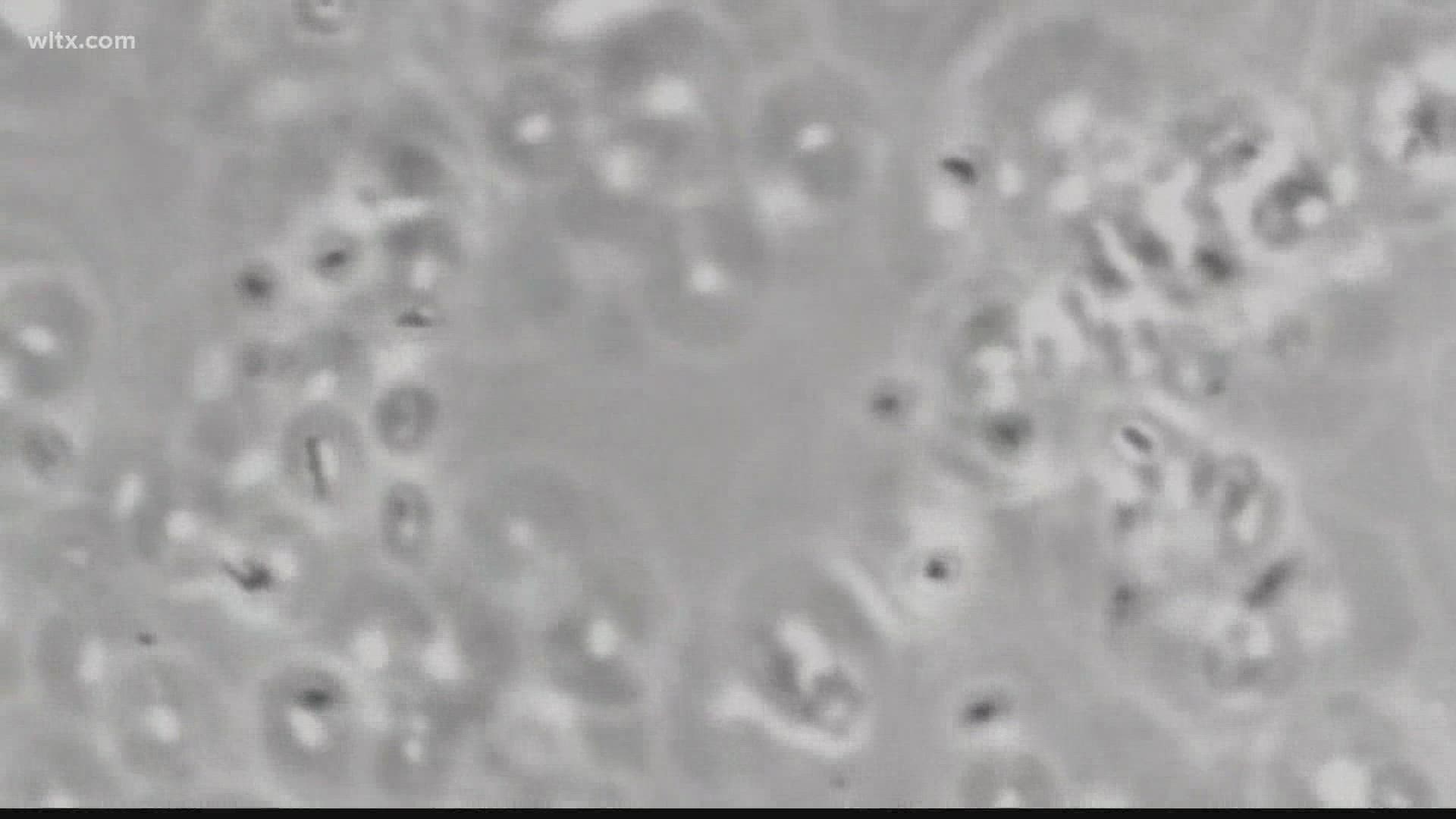COLUMBIA, S.C. — South Carolina's top health agency is investigating cases of recently-identified Legionnaires' disease in Richland County.
The South Carolina Department of Health and Environmental Control (DHEC) announced in a health advisory on Friday that it had found cases of the disease along with "individuals with clinically compatible illness" who work at a manufacturing facility in Richland County.
The notice does not name the facility or say specifically where in the county it is located. A spokesperson for DHEC said that, because there is no evidence of a risk to the general public, the agency won't share the specific location in order to protect the confidentiality of people and to prevent the identification of those associated with the facility.
DHEC said it is working alongside the facility's management to notify employees and put into place ways to reduce the spread of the virus. Health officials are still working to determine how many employees are impacted.
Legionella bacteria can cause two types of illness, severe pneumonia known as Legionnaires' disease and Pontiac fever, the latter of which is milder and "self-limiting" according to DHEC. The bacteria itself is naturally found in freshwater environments but can become an issue when they grow in systems that convert water to vapor that can be inhaled.
Legionnaires' disease is a serious form of pneumonia with symptoms such as fever, cough, shortness of breath, muscle aches, and headaches. It can also cause diarrhea, nausea, and confusion. Symptoms typically show up around two to 14 days after exposure though this can take longer.
Cases of legionella infection fall under South Carolina's list of reportable conditions which should be reported within three business days of a suspected case, diagnosis, or positive laboratory evidence.
The information shared by DHEC fell under the health advisory category which is the second highest - of four - only under a health alert.
An advisory generally provides important information for a specific incident or situation. However, DHEC reports that immediate action may not always be required for this type of notice.

